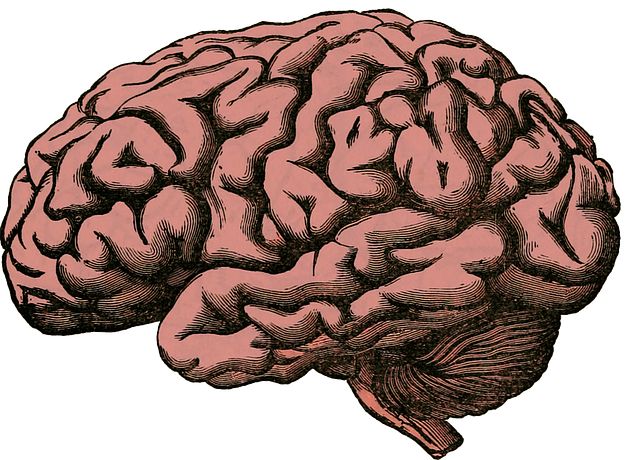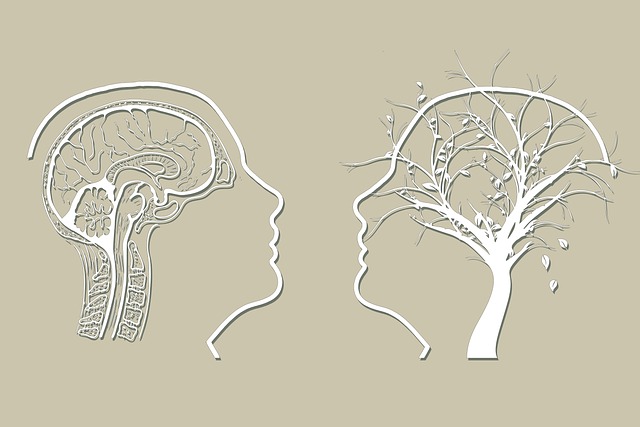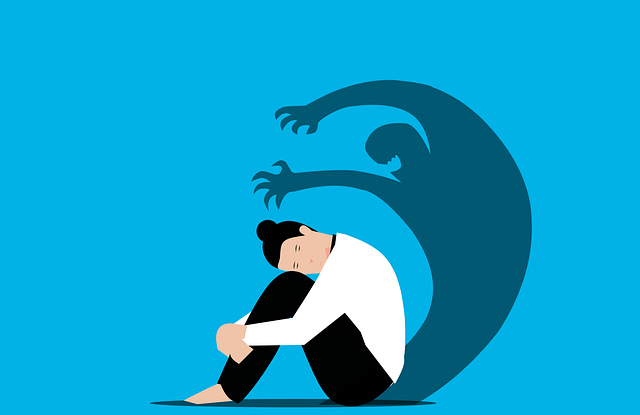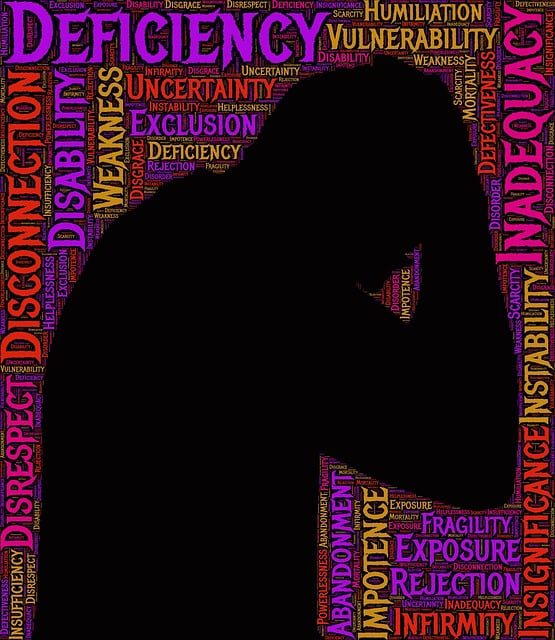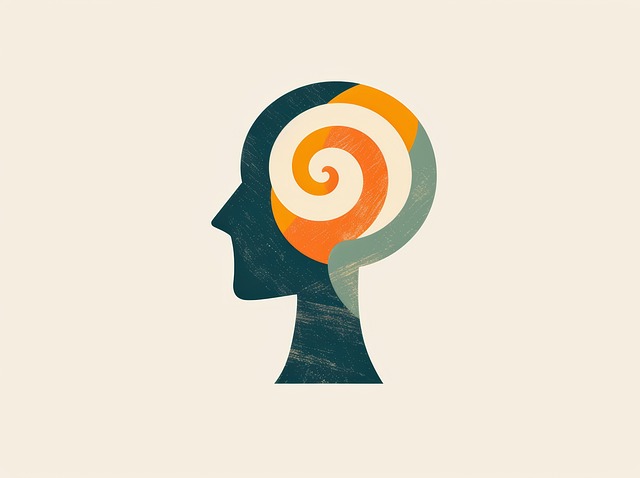Mental health education is key to tackling issues like Lafayette Panic Disorder and Anxiety Attacks, reducing stigma, and fostering communities of support. Tailored programs using evidence-based approaches like CBT empower individuals through emotional healing and coping mechanisms, combining therapy simulations, interactive discussions, and peer support for transformative results. These initiatives not only help those with mental health conditions but also equip healthcare providers with burnout prevention tools to strengthen community resilience.
Mental health education programs play a pivotal role in fostering well-being and disrupting harmful stigmas. This article explores an innovative program design, focusing on Lafayette Panic Disorder and Anxiety Attacks as case studies. We delve into effective strategies to educate and empower individuals, offering tools for managing symptoms and promoting personal growth. By understanding these disorders, participants gain insights into their own experiences, fostering a supportive community and enabling accessible therapy for lasting positive change.
- Understanding Mental Health: Disrupting Stigma and Promoting Awareness
- Targeting Specific Disorders: Lafayette Panic Disorder and Anxiety Attacks
- Program Structure: Effective Education Strategies for Lasting Impact
- Facilitating Personal Growth: Tools and Resources for Continuous Support
Understanding Mental Health: Disrupting Stigma and Promoting Awareness

Mental health is a broad spectrum encompassing various conditions that affect how individuals feel, think, and behave. Understanding mental health involves recognizing that it’s as important as physical health, with conditions ranging from depression and anxiety to more severe disorders like Lafayette Panic Disorder and Anxiety Attacks. Educating people about these issues is crucial in disrupting the stigma surrounding mental illness, fostering empathy, and encouraging those in need to seek help without fear of judgment.
Through comprehensive programs, individuals can learn about emotional healing processes, gain tools for improving emotional regulation, and discover strategies for building confidence. Promoting awareness at schools, workplaces, and communities can normalize conversations about mental health, ensuring that everyone feels supported and equipped to manage their well-being effectively. This shift in perspective is vital in creating an environment where people feel safe seeking therapy, whether for Lafayette Panic Disorder or other mental health challenges, ultimately enhancing overall community resilience.
Targeting Specific Disorders: Lafayette Panic Disorder and Anxiety Attacks

In designing mental health education programs, it’s crucial to address specific disorders prevalent in modern society. Lafayette Panic Disorder and Anxiety Attacks are growing concerns, particularly among healthcare providers due to their impact on daily functioning. These conditions often manifest as recurrent, intense fear and anxiety that can significantly affect self-esteem improvement and overall quality of life. Therefore, tailored therapy sessions for Lafayette Panic Disorder and Anxiety Attacks are essential components of any comprehensive mental health initiative.
The program should incorporate evidence-based strategies such as cognitive behavioral therapy (CBT) to help individuals manage and overcome these challenges. By equipping healthcare providers with burnout prevention strategies, the program can also address the high-stress nature of their work, which is a risk factor for developing anxiety disorders. Additionally, depression prevention measures should be integrated to provide early interventions and support, fostering resilience among participants.
Program Structure: Effective Education Strategies for Lasting Impact

An effective mental health education program should be structured to foster positive thinking and emotional healing processes. It’s crucial to break down complex topics into digestible modules, ensuring participants feel empowered throughout the journey. By combining evidence-based practices with practical empathy building strategies, programs can create a safe space for individuals to understand their experiences, challenge unhelpful thought patterns, and gain valuable coping mechanisms.
For instance, incorporating activities that simulate Lafayette Panic Disorder and Anxiety Attacks Therapy in controlled settings allows participants to confront their fears and learn effective management techniques. Through interactive discussions and peer support, individuals can build resilience and develop long-lasting strategies for maintaining mental well-being. This holistic approach not only equips participants with knowledge but also cultivates a sense of community, fostering genuine emotional healing processes.
Facilitating Personal Growth: Tools and Resources for Continuous Support

Mental health education programs play a pivotal role in fostering personal growth and resilience, especially for individuals grappling with conditions like Lafayette Panic Disorder and Anxiety Attacks. These programs offer a safe space to explore and understand one’s mental landscape, empowering participants to develop effective coping strategies. Through interactive workshops, group discussions, and access to evidence-based resources, individuals gain valuable insights into managing their emotional healing processes.
By integrating Mind Over Matter principles, the curriculum encourages participants to challenge negative thought patterns and cultivate a positive mindset. This holistic approach ensures that those seeking therapy have continuous support, even beyond formal sessions. By equipping them with practical tools and knowledge about mental health awareness, individuals are better equipped to navigate their emotional journeys, promoting long-term well-being.
Mental health education programs, by integrating strategies that disrupt stigma, target specific disorders like Lafayette Panic Disorder and Anxiety Attacks, and facilitate personal growth, can significantly enhance well-being. A structured approach, combining effective education with continuous support tools, ensures lasting impact. By empowering individuals with knowledge and resources, these programs foster a more inclusive and supportive environment, ultimately promoting better mental health outcomes through therapy.
